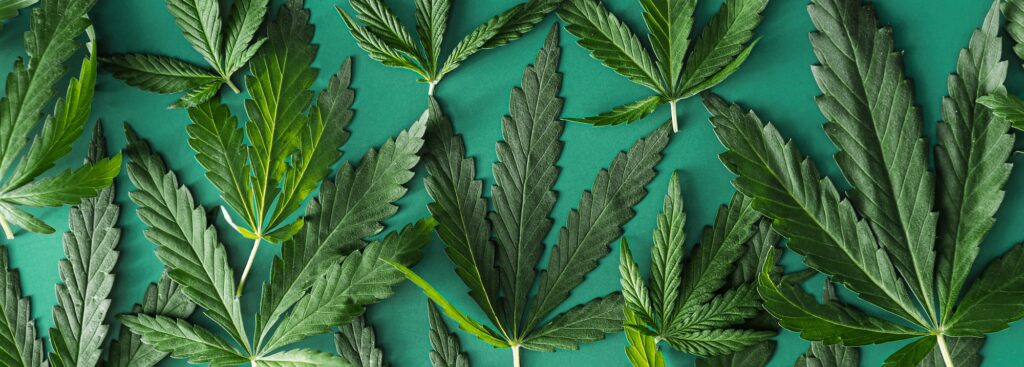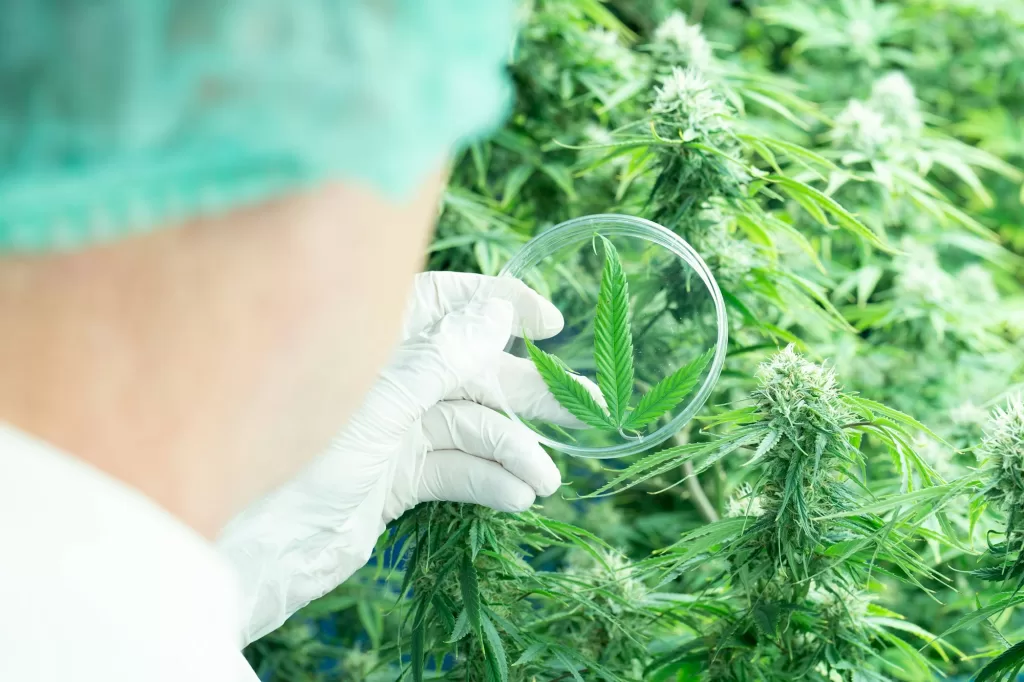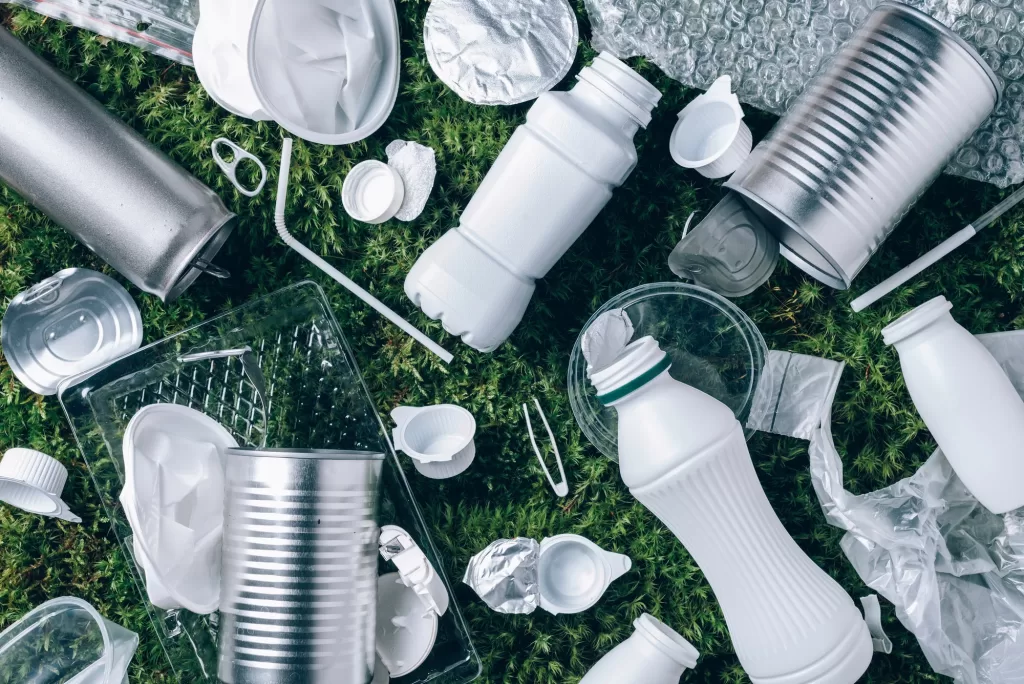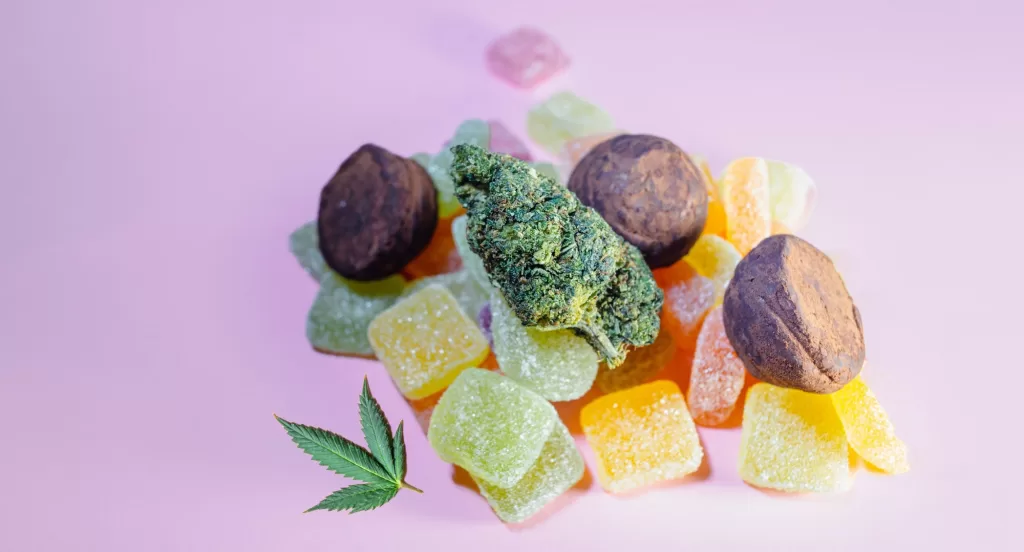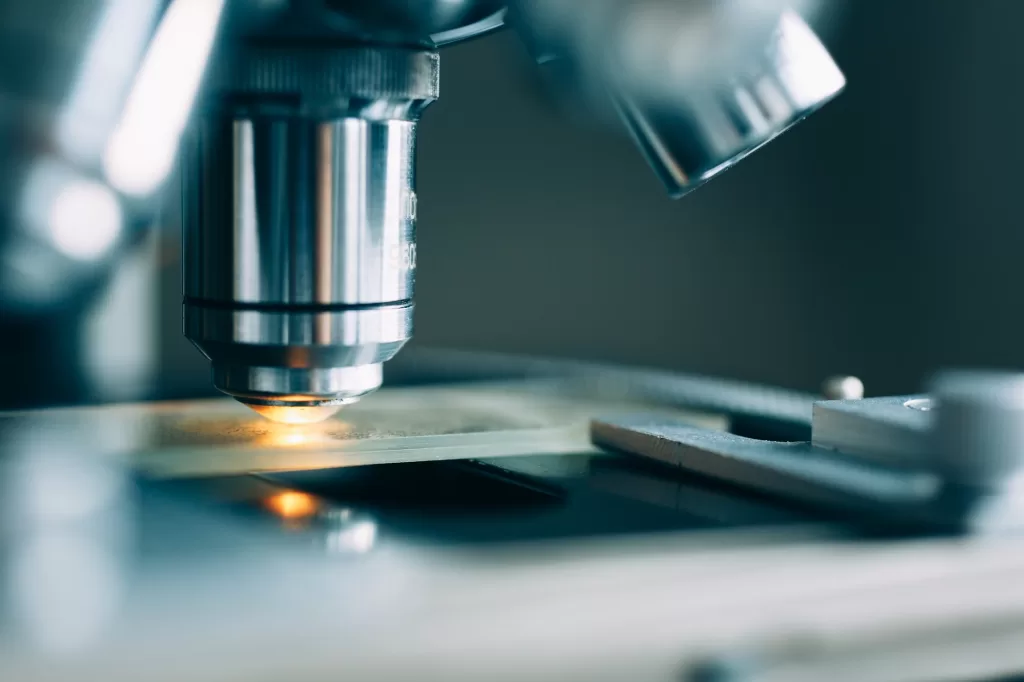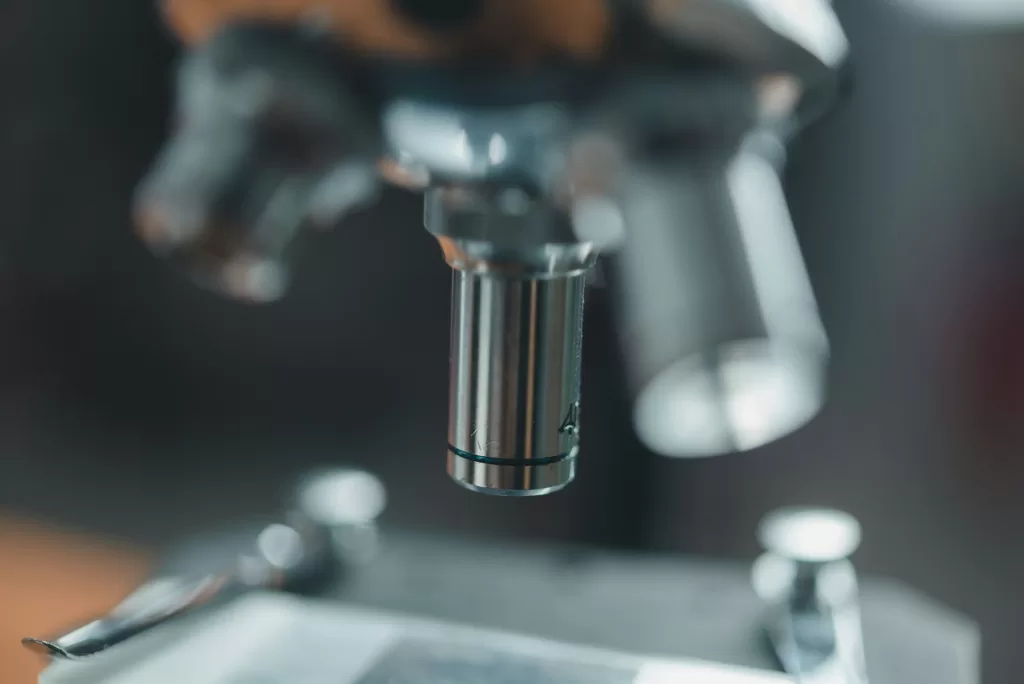Estimated reading time: 4 minutes
Cannabis, a versatile plant used in various applications ranging from medicinal products to recreational use, has seen a massive surge in popularity. However, as with any other plant-based product, it’s susceptible to contamination by harmful microorganisms such as fungi that produce toxic substances, known as mycotoxins. Comprehensive mycotoxin testing is a must in the cannabis industry to ensure product safety and quality. This blog post aims to shine a light on the importance of testing for mycotoxins in cannabis.
What are Mycotoxins?
Mycotoxins are toxic compounds produced by certain types of molds or fungi. They can be incredibly harmful—even fatal—in both humans and animals, potentially causing various health issues such as allergic reactions, respiratory problems, and immune system damage1.
When growing conditions are less than optimal, cannabis plants can become a breeding ground for mold and, subsequently, mycotoxins. Even in minute quantities, these toxins can pose significant health risks, particularly when consumed through inhalation, making them a critical concern in the cannabis industry.
The Risks of Mycotoxins in Cannabis
While the harmful effects of mycotoxins can manifest in many ways, the most prevalent issues relate to respiratory health. For medical cannabis patients, especially those with compromised immune systems, the risks are even greater2. Ingesting or inhaling mycotoxin-contaminated cannabis could lead to severe health complications, including acute poisoning, immunosuppression, and even cancer3.
The high risks associated with mycotoxin exposure underscore the importance of testing in the cannabis industry. Providing clean, safe products should be the highest priority for cannabis growers and dispensaries.
Regulatory Compliance
As the cannabis industry matures, so do its regulations. Many states in the U.S., as well as other countries around the world, have implemented stringent rules and standards regarding mycotoxin testing in cannabis.
For instance, California’s Bureau of Cannabis Control has established strict limits for two primary types of mycotoxins: aflatoxins and ochratoxin A4. Non-compliance with these regulations can result in legal penalties, product recalls, and damage to a brand’s reputation.
Protecting Brand Reputation
In addition to safety concerns and regulatory compliance, regular mycotoxin testing is a key component of maintaining and enhancing a brand’s reputation. Consumers today are better educated about product safety and more discerning in their purchasing choices. They value transparency and expect the highest standards of safety from the brands they patronize.
By regularly testing for mycotoxins and sharing the results, cannabis growers can demonstrate their commitment to quality and safety. This practice not only builds trust with consumers but also sets a brand apart in an increasingly competitive market.
Advanced Mycotoxin Testing
Mycotoxin testing in cannabis involves sophisticated methods such as High-Performance Liquid Chromatography (HPLC) and Liquid Chromatography-Mass Spectrometry (LC-MS/MS). These technologies can detect even minute traces of mycotoxins, ensuring that cannabis products meet the strictest safety standards.
Why AccuScience Labs?
When it comes to mycotoxin testing, partnering with a trusted lab is crucial. At AccuScience Labs, we bring to the table a combination of advanced technology, expertise, and commitment to quality that sets us apart. Our state-of-the-art laboratory employs cutting-edge techniques such as HPLC and LC-MS/MS to provide accurate, reliable mycotoxin testing.
But our dedication goes beyond just providing accurate results. We are committed to working closely with our clients, keeping them informed at each step of the testing process, and providing them with the tools and information they need to ensure their products are safe and compliant. With AccuScience Labs, you don’t just get a testing lab, you get a partner dedicated to ensuring the safety, quality, and success of your cannabis products.
Conclusion
In an industry where consumer safety and product quality are paramount, mycotoxin testing is not optional—it’s essential. It is the responsibility of cannabis growers and dispensaries to ensure their products are free from these harmful contaminants. Regular, comprehensive testing protects not only consumers but also the integrity and future success of the cannabis industry itself.
References:
- Bennett, J. W., & Klich, M. (2003). Mycotoxins. Clinical Microbiology Reviews, 16(3), 497–516.
- McPartland, J. M., & McKernan, K. J. (2017). Contaminants of Concern in Cannabis: Microbes, Heavy Metals, and Pesticides. In Cannabis sativa L. – Botany and Biotechnology (pp. 457–474). Springer.
- Tchounwou, P. B., Yedjou, C. G., Patlolla, A. K., & Sutton, D. J. (2012). Heavy Metals Toxicity and the Environment. EXS, 101, 133–164.
- California Code of Regulations. (2023). Title 16. Division 42. Bureau of Cannabis Control. Article 6. Testing Laboratories. Section 5724. Mycotoxins.
Related articles:

